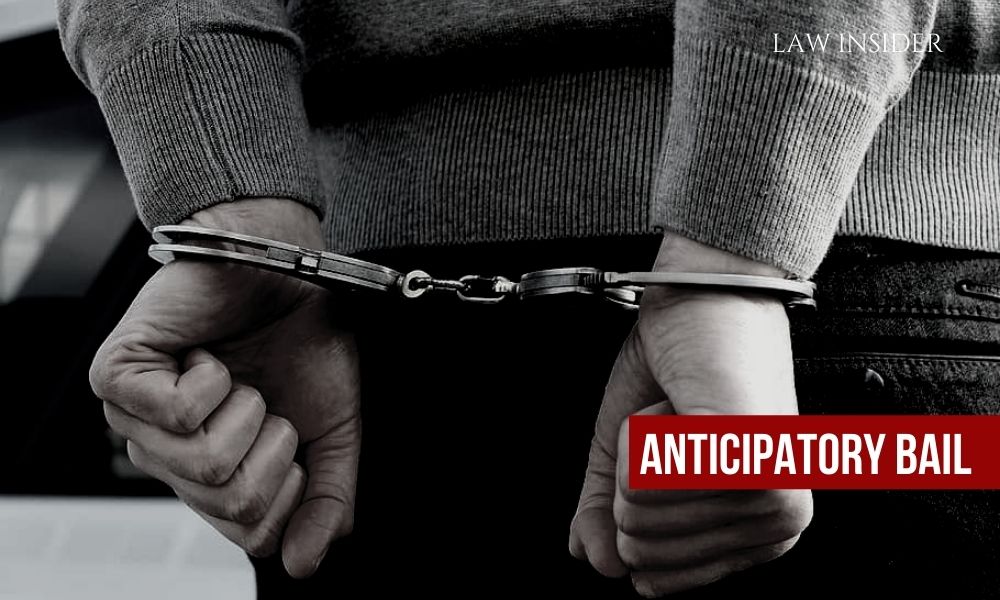LI Network
Published on: 08 July 2023 at 22:59 IST
The Supreme Court has emphasized that when dealing with anticipatory bail applications, courts should take into account not only the personal liberty of the accused but also the gravity of the offense and its impact on society. The court stressed the importance of conducting a fair and impartial investigation. While protecting personal liberty is crucial, it is equally important to assess the seriousness of the offense and determine whether custodial interrogation is necessary. This observation was made by a bench comprising Justices Surya Kant and C.T. Ravikumar.
In this particular case, the Punjab and Haryana High Court had granted bail to certain individuals who were accused in an FIR registered under Sections 406, 420, 467, 468, 471, and 120B of the Indian Penal Code. The accusations against them involved the forgery of documents for the illegal transfer of high-value land.
Upon hearing the appeal, the bench of the Supreme Court recognized the gravity of the allegations made against the accused individuals and made the following observation:
The relief of Anticipatory Bail is aimed at safeguarding individual rights. While it serves as a crucial tool to prevent the misuse of the power of arrest and protects innocent individuals from harassment, it also presents challenges in maintaining a delicate balance between individual rights and the interests of justice. The tight rope we must walk lies in striking a balance between safeguarding individual rights and protecting public interest. While the right to liberty and presumption of innocence are vital, the court must also consider the gravity of the offence, the impact on society, and the need for a fair and free investigation. The court’s discretion in weighing these interests in the facts and circumstances of each individual case becomes crucial to ensure a just outcome.
Furthermore, the court highlighted that land scams have wide-ranging consequences, not only causing financial losses for individuals and investors but also impeding development projects, undermining public trust, and hindering socio-economic progress. The court recognized that the facts of the case itself suggest the possibility of criminal activity, and at this stage, it cannot be ruled out. In light of these considerations, the Supreme Court set aside the order of the High Court.

